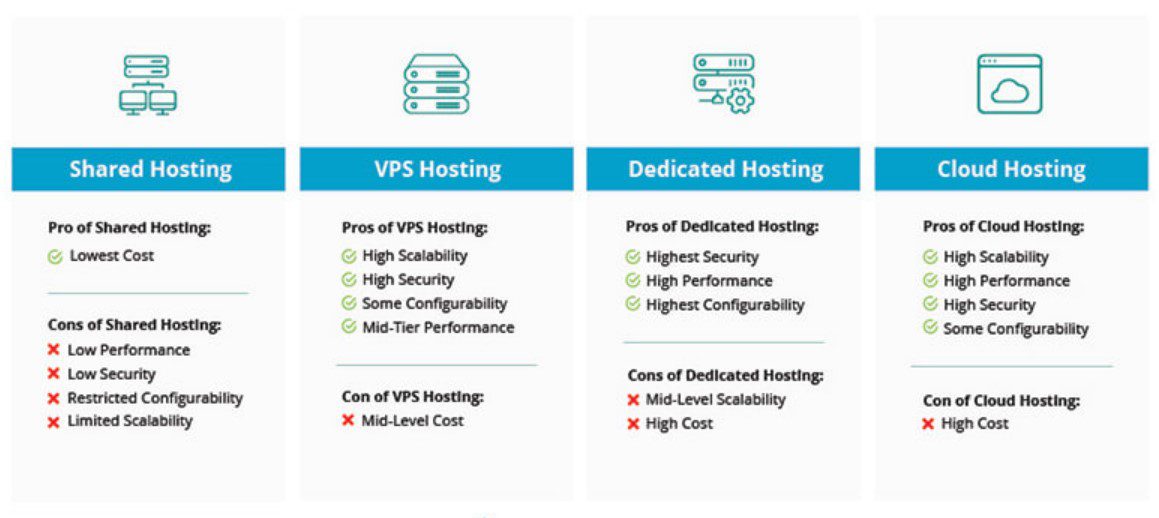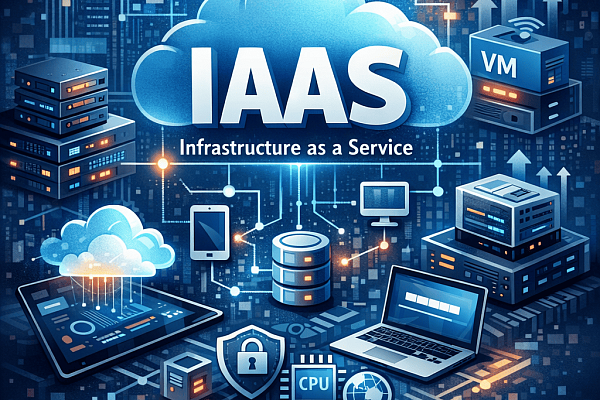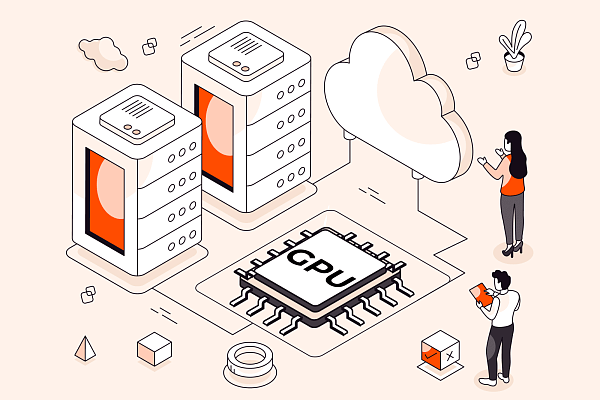In the current digital landscape, the majority of websites are hosted on virtual servers, whether shared or dedicated. The creation of virtual containers within physical machines enables providers to utilize computing resources more efficiently, ensuring the delivery of an equal level of service to clients with different demands. VPS/VDS services are among the most popular in the hosting industry. This article outlines the key differences between hosting solutions.
Virtual Private Server (VPS) Hosting
VPS stands for Virtual Private Server, while VDS stands for Virtual Dedicated Server. These are the types of server hosting rental services. There are three main categories of this service: shared hosting, VPS/VDS, and hosting of physical dedicated server.
-
A shared server hosts multiple clients with varying projects, offering shared resources, limited rights and administration.
-
A dedicated server is solely for one client, providing exclusive access to all resources, the option to modify the OS kernel and the need for sysadmin expertise.
-
VPS/VDS represents an intermediate option, with its distinctive features.
In simple terms, it is a robust physical server partitioned into multiple virtual servers. They operate independently, without affecting the work of other users on the server. It can be compared to an apartment building, where all residents are connected to shared utilities but have their own flat.
In the event of a server failure or security breach on one of the client's server, the other clients' servers will continue to operate without interruption.
Cloud hosting
This cutting-edge and versatile hosting solution combines the best of both VPS and dedicated server models. It empowers users of virtual servers to seamlessly adjust their performance based on their resource needs, leveraging the scalability and cost-effectiveness of cloud computing.
Additionally, users are able to reserve resources (CPU, RAM, disk space and bandwidth) independently, eliminating the need for constant coordination with the service provider. In essence, users have access to the resources they require and pay only for what they use.
The cloud server hosting model provides both easy and fast scalability, effectively solving the problem of idle resources and peak loads. It also optimizes budgets, which is a crucial consideration for many customers.
Dedicated vs Cloud
A dedicated server is regarded as the most robust solution for hosting IT infrastructures. This format enables clients to rent physical server equipment from a provider in its data center.
A dedicated server is a physical machine that the user gets at his disposal. The resources are exclusively for the user's own use, without the need for sharing with other users. Furthermore, renting a dedicated server often includes a range of services provided free of charge by the hosting provider.
This hosting model offers several advantages, including the ability to configure the server to meet the specific requirements of a particular product, potentially exceeding the performance of a VPS and providing enhanced data protection, as well as complete access to software and hardware.
A dedicated server is a more expensive option than a VPS, but in many cases, the additional cost is justified, particularly for resource-intensive applications such as gaming sites and those with a high volume of content.
Conclusion

While traditional hosting solutions have their advantages, cloud is the best choice for most modern businesses. The fundamental difference lies in the cloud's ability to dynamically allocate resources and seamlessly adapt to changing requirements.
Unlike traditional solutions, which often require significant capital investment and are limited by physical hardware capacity constraints, cloud hosting offers a pay-as-you-use model. The cloud's inherent redundancy and distributed nature also improves security and uptime.
Choosing cloud hosting is not only in line with current technology trends, it also gives you the flexibility you need to innovate and grow in a competitive environment.




